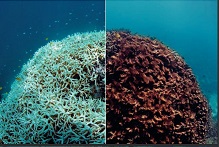 Back on 17 March, 2017 Joshua Robertson’s article in the Guardian Stopping global warming is only way to save Great Barrier Reef, scientists warn reported four things happening simultaneously. First, a paper by 46 scientists published in Nature showed that bleaching of the Great Barrier Reef in 1998, 2002 and 2016 was determined by ocean surface temperature; water quality had nothing to do with it.
Back on 17 March, 2017 Joshua Robertson’s article in the Guardian Stopping global warming is only way to save Great Barrier Reef, scientists warn reported four things happening simultaneously. First, a paper by 46 scientists published in Nature showed that bleaching of the Great Barrier Reef in 1998, 2002 and 2016 was determined by ocean surface temperature; water quality had nothing to do with it.
Secondly, Terry Hughes, the lead author of the paper was embarking on aerial surveys to chart the effects of the latest 2017 bleaching event, the first in consecutive years, and the first in a non-El Niño year.
Third, Queensland government officials were in Paris meeting with UNESCO officials to appeal for more time to make good on conservation efforts to ward off an “in-danger” listing for the reef. This conservation plan does not mention global warming, concentrating on such things as water quality.
Fourth, Queensland premier Annastacia Palaszczuk went to India to lobby Adani to proceed with its giant coal mine in the Galilee Basin. Continue reading Do we seriously want to save the Great Barrier Reef? →
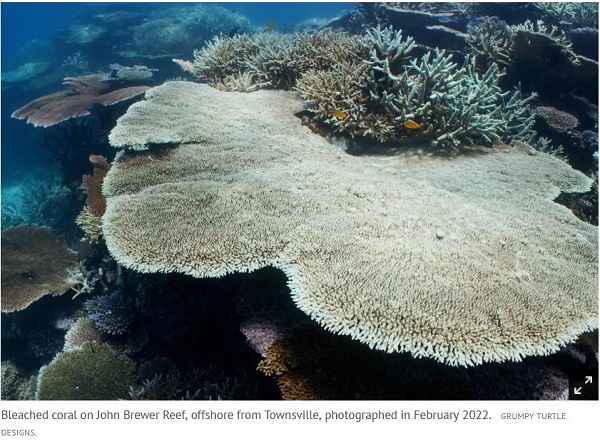



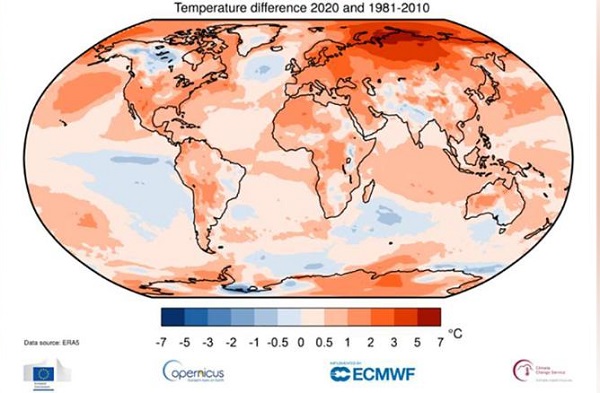
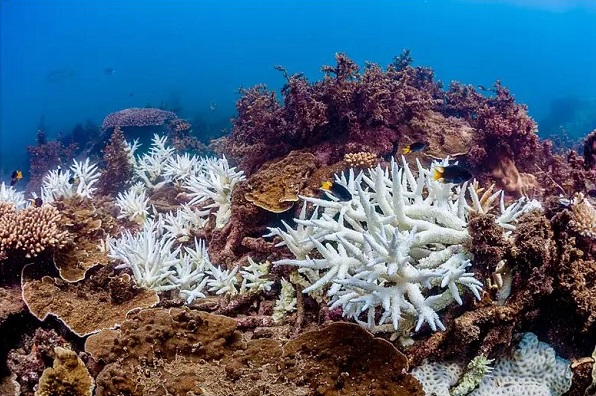
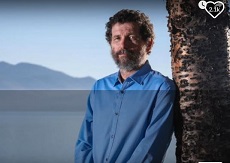
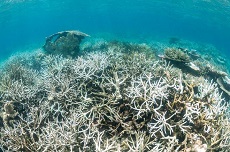


 Back on 17 March, 2017 Joshua Robertson’s article in the Guardian
Back on 17 March, 2017 Joshua Robertson’s article in the Guardian 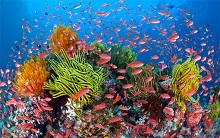
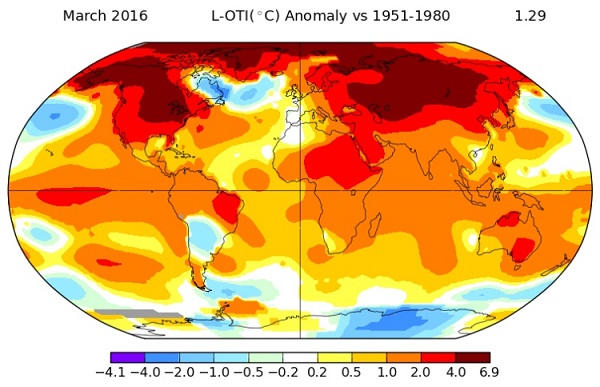
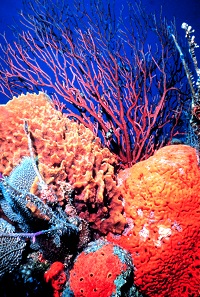 Recently we took a look at the most recent coral bleaching event in
Recently we took a look at the most recent coral bleaching event in